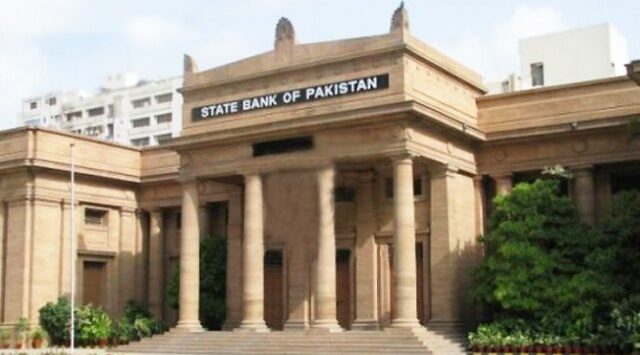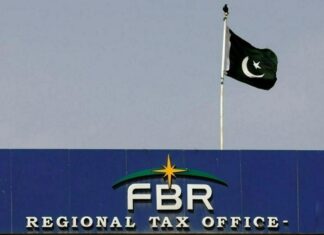The Pakistani government revealed plans to secure Rs8.5 trillion from banks over the upcoming three months to address its budget deficit. The State Bank of Pakistan stated that a substantial part of this borrowing, spanning from November to January, will occur through Market Treasury Bills with maturities ranging from three to twelve months.
Based on the central bank’s auction calendar, the government aims to raise Rs6.061 trillion through short-term paper auctions. In addition, the issuance of Pakistan Investment Bonds (PIBs), featuring both fixed and floating rates, will allow the government to borrow Rs2.44 trillion from commercial banks.
These borrowings for the November to January period reflect a reduction compared to the preceding quarter (October to December). The decrease in the planned borrowings can be attributed to more effective revenue collection and controlled government expenditure.
Furthermore, the government is anticipating a successful conclusion of a $3 billion loan program review by the International Monetary Fund (IMF), which may open up opportunities for bilateral and multilateral financing, potentially reducing the government’s need for domestic borrowing.
The State Bank of Pakistan’s recent monetary policy statement highlighted improved fiscal indicators for the first quarter of the current fiscal year compared to the same period in the previous year. The positive trends are driven by enhanced revenue collection, with a growth rate of 24.9 percent reported by the Federal Board of Revenue (FBR).
Non-tax revenues also saw a substantial increase, primarily due to higher collections of the petroleum development levy. At the same time, total expenditures remained at the previous year’s level, largely due to reduced subsidies and grants.
Banks have significantly invested in government securities due to higher interest rates, growing government expenditures, and limited access to foreign funding. This shift in investment has resulted in reduced lending by banks to the private sector. The recent monetary policy statement from the State Bank of Pakistan also noted a deceleration in the growth of broad money (M2) due to reduced private sector credit.
The State Bank of Pakistan has retained its tight monetary stance, maintaining the policy rate at 22 percent. Analysts suggest that monetary easing could potentially commence early next year, considering the expected improvement in economic indicators and the projected decline in inflation.

























The borrowing will primarily be done through Market Treasury Bills with varying maturities.